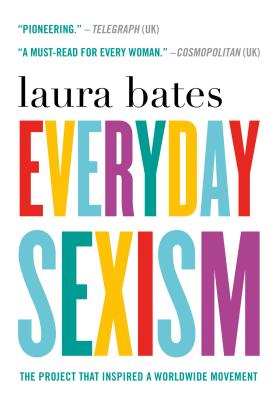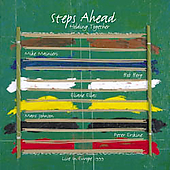
Venturino, Steven J.
Following a section on the foundations of literary theory, the book is organized thematically, with an eye to the best way to develop a real, working understanding of the various theories. Cross-references are particularly important, since it's through the interaction of examples that readers most effectively advance from basic topics and arguments to some of the more specialized and complicated issues.
Each chapter is designed to tell a complete story, yet also to reach out to other chapters for development and debate. Literary theorists are hardly unified in their views, and this book reflects the various traditions, agreements, influences, and squabbles that are a part of the field.
Special features include hundreds of references to and quotations from novels, stories, plays, poems, movies, and other media. Online resources could also include video and music clips, as well as high-quality examples of visual art mentioned in the book. The book also includes periodic running references to selected key titles (such as Frankenstein) in order to illustrate the effect of different theories on a single work.







